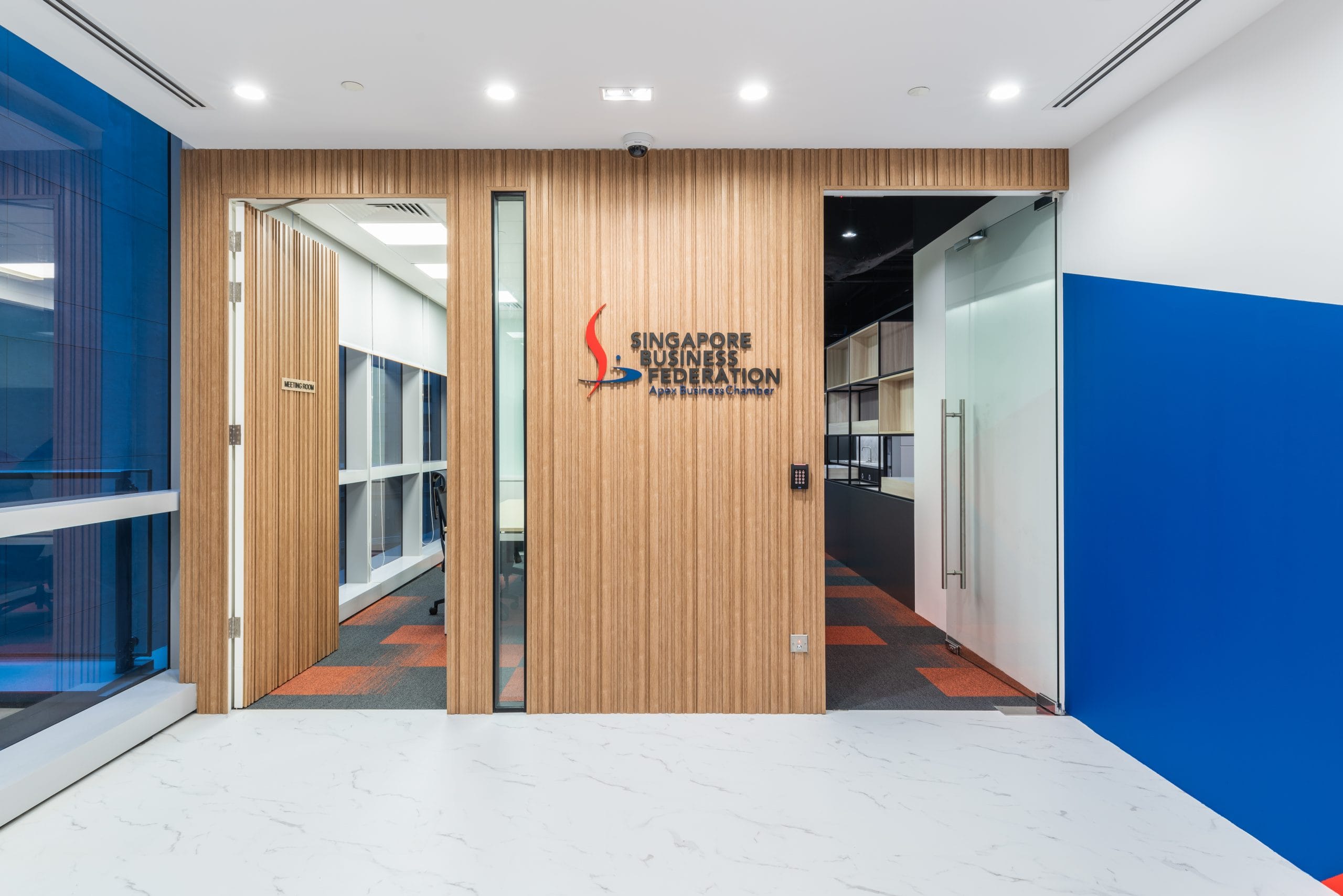Fidelity Pledges $250 Million to Support Minority Students

Fidelity Investments will commit $250 million to a new education initiative to support up to 50,000 underserved minority students with scholarships and mentorship programs in the next five years.
The Invest in My Education program, announced Tuesday, plans to increase graduation rates and students’ ability to complete their education debt free.
Pamela Everhart, Fidelity’s head of Regional Public Affairs and Community Relations, said the program is part of the firm’s plans to direct more resources to some minority communities.
“It’s a strategic focus to mitigate some of the systemic and complex barriers that historically underserved students face,” Everhart said. “We believe that all students, regardless of their backgrounds, should have an opportunity to access higher education and economic mobility and then begin to build a path to generational wealth.”
Fidelity research found that 21% of Black students and 32% of Latinx students graduate from college in four years, compared to 45% of white students. The company also found that, on average, Black and Latinx students accrue $25,000 more in student debt than their white peers. To address those inequalities, Fidelity is partnering with UNCF, the nation’s largest private provider of scholarships and other educational support to Black students, and other nonprofits.
Michael Lomax, UNCF’s president and CEO, said the comprehensiveness of the support in Fidelity’s Invest in My Education program will help students succeed. However, he said the most exciting part of the program is that it targets students who are not necessarily getting top grades at elite schools because they have to balance their studies with working jobs to pay for them – what he calls “The Mighty Middle.”
“I’m glad to see they’re getting a little respect — they’re the Rodney Dangerfield of students,” Lomax said. “They’re not always achieving the highest academic results. But they’re staying in the fight. They’re doing the work. And they’re getting the degree. And they have to work doubly hard because people don’t always focus on them and give them the support.”
See related article: Fidelity Expands Its Sustainable Investment Products Lineup With the Launch of Fidelity Healthy Future Fund
He said these students, attending “the workhorse institutions of American higher education — community colleges, historically Black colleges and universities, state universities,” also work hard and can make a major impact on their communities once they graduate.
“Helping them on that journey is super important,” said Lomax, adding that the mentorship component of the program, which will include Fidelity employees as well as other volunteers, is just as important as the financial scholarships.
Drew Ve’e, a junior at the University of Utah, said the mentorship he has received from the Fidelity-sponsored Opportunity Scholars program in in just the past four months has been incredibly helpful to his studies as a finance major and as a student in general.
Ve’e, 29, said he moved to the University of Utah to focus fully on his studies, after leaving Southwestern Oklahoma State University, where he was a quarterback on the football team. His mentor has made the transition easier and made him feel better about his decision, as well as offering tips on his resume and finding scholarships.
“It’s really helped me to gain a lot more confidence,” Ve’e said. “And we have similar backgrounds in sports and college, so it was really easy to connect with him and made me feel a lot more comfortable.”
Ve’e said that between scholarships and campus jobs, he should be able to graduate debt-free, an accomplishment that Fidelity is prioritizing because college debt has become not just a financial problem, but an emotional one as well because of all the worry associated with it.
Fidelity’s Invest in My Education program is structured to address as many barriers to debt-free graduation as it can, Everhart said, including systemic donations to better prepare high school students for further education. But for her, the emphasis on mentorship is personal.
“I’m looking forward to sharing my background as a young Black girl growing up in a small town where people invested in me and saw something in me to incentivize to continue,” she said. “I want to make sure that these students hear from people who will believe in them and will take time to listen to them, listen to their backgrounds.”
Source: AP News













